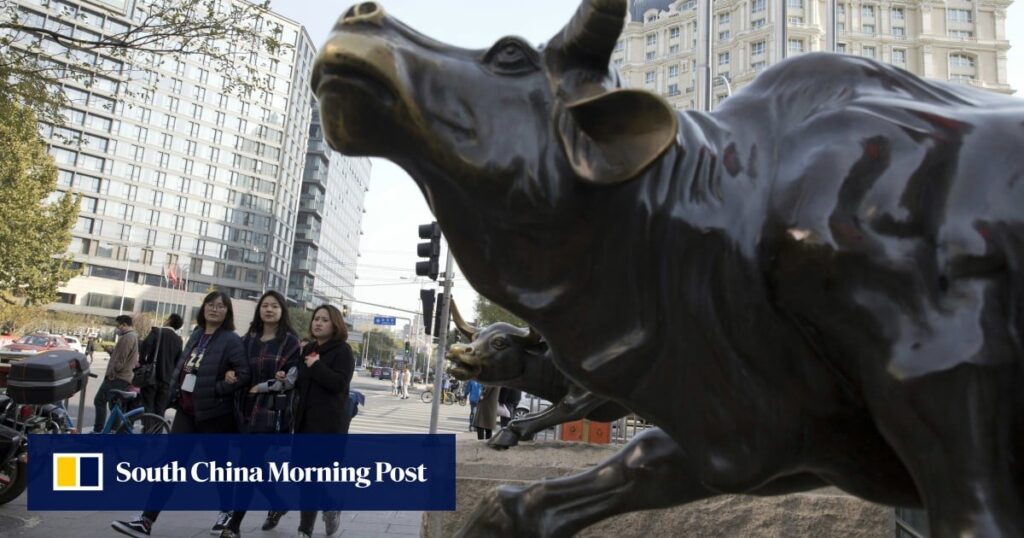China’s once-flourishing financial sector has come under intense scrutiny and strict regulatory compliance over the past year, with tightening regulations dampening the mood and wiping out decades of brimming pockets.
This change had already begun before the twice-every-10-year Central Financial Work Conference was held, exactly one year ago, when President Xi Jinping announced the goal of making China a “financial superpower.” I launched it. Expected growth in the world’s second-largest economy is fraught with complications. Salary cuts are also rampant at banks and securities companies. The industry has seen occasional layoffs, but this is a rare phenomenon in a sector worth 481 trillion yuan (US$67.4 trillion) and largely state-run.
At the same time, structural overhauls are accelerating as more resources are directed to larger market players and smaller companies consolidate through mergers and acquisitions.
“We had a big meeting and they kept talking about the seriousness of the situation again,” a Shanghai-based analyst at a major Chinese investment bank said on Monday. He spoke on condition of anonymity.
For the analyst, the biggest change he’s seen in the industry over the past year has been tighter regulatory oversight, but he said that’s not necessarily a bad thing.

